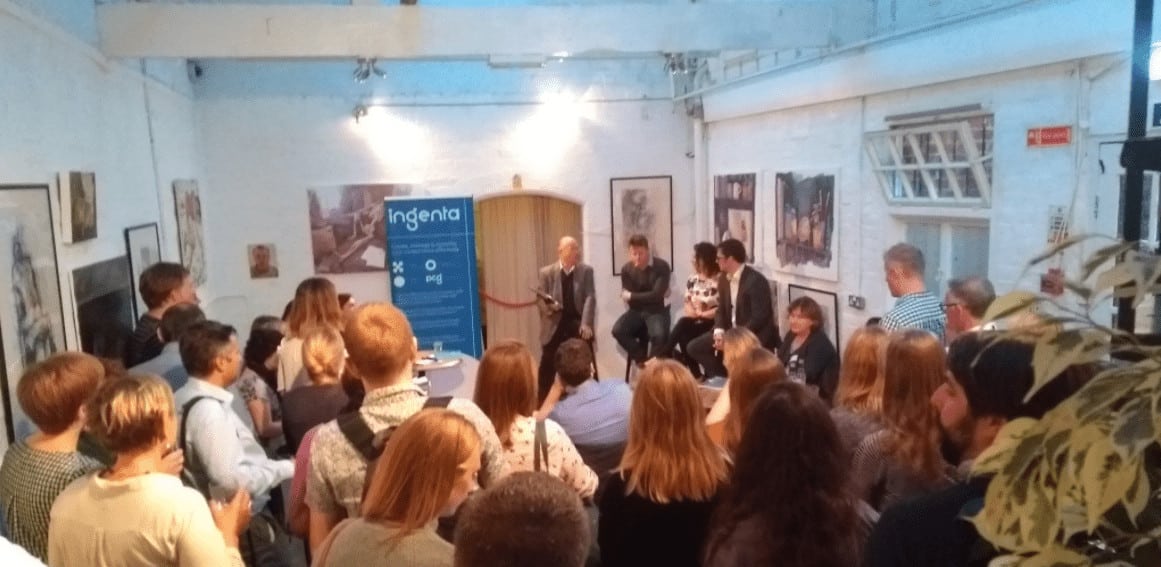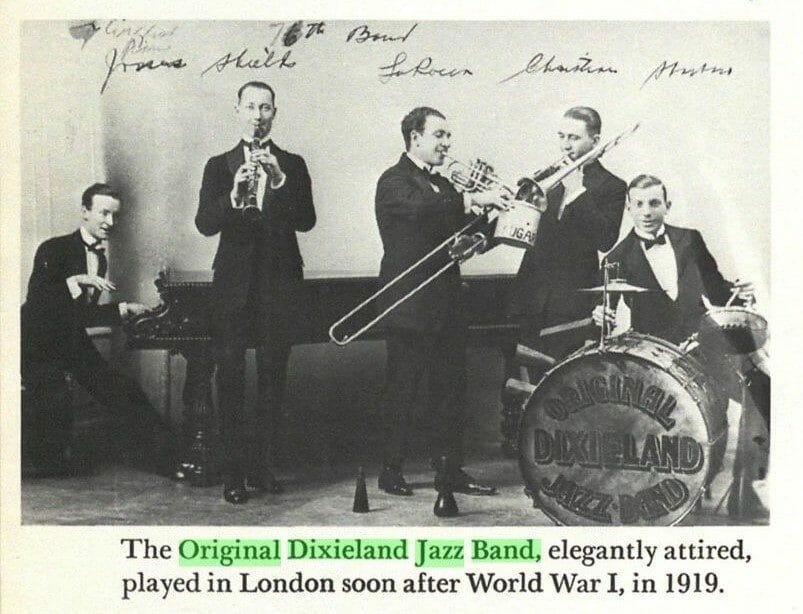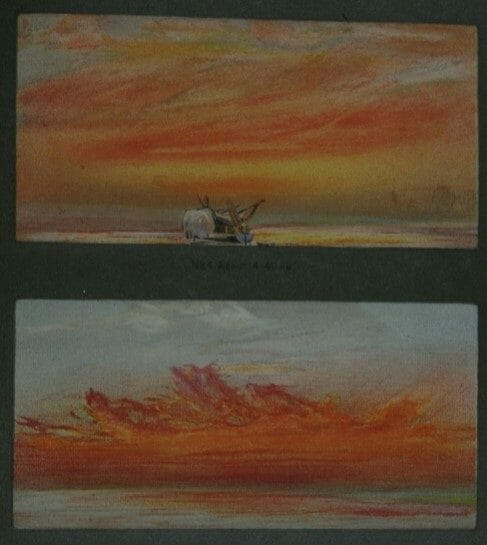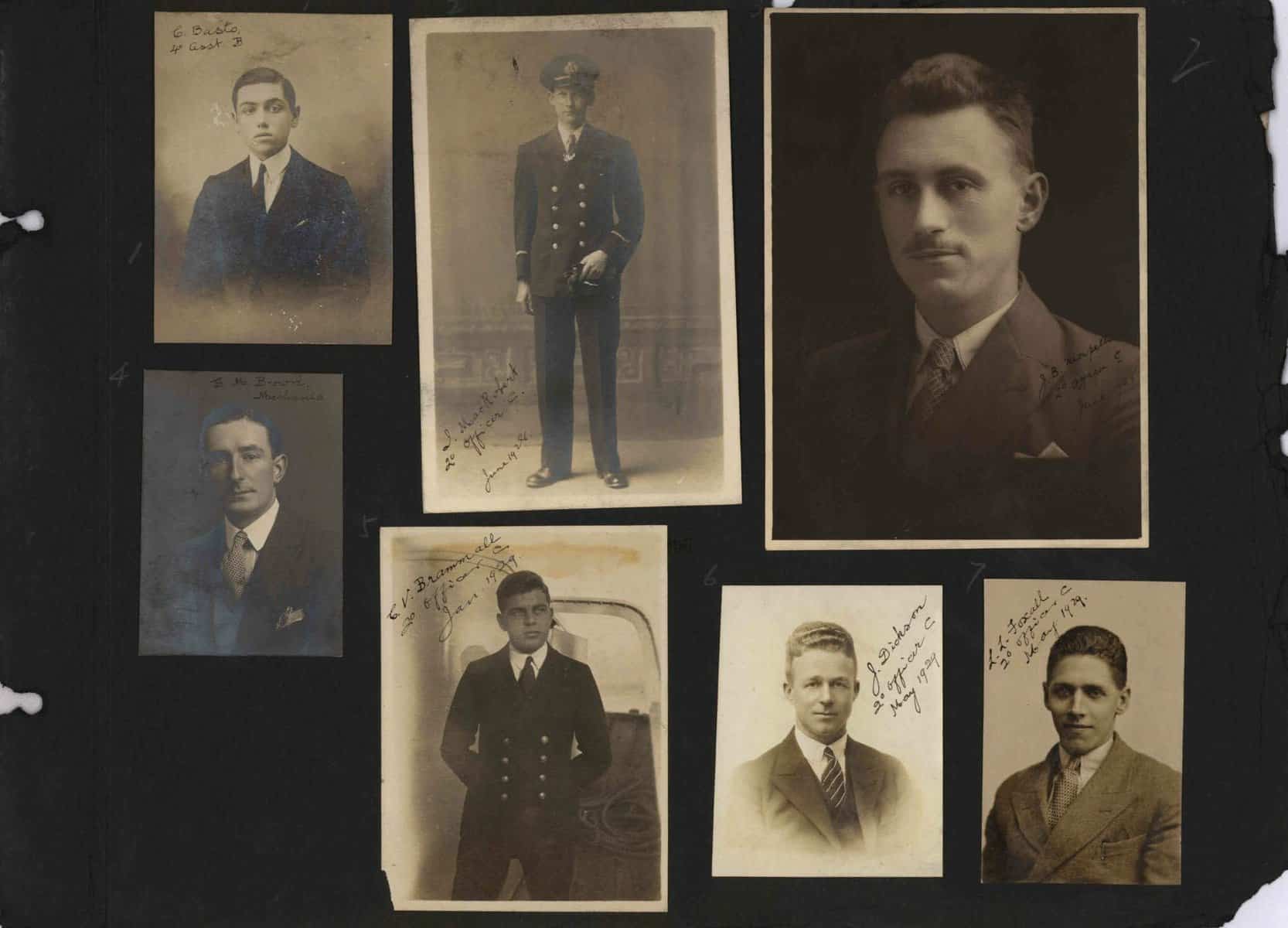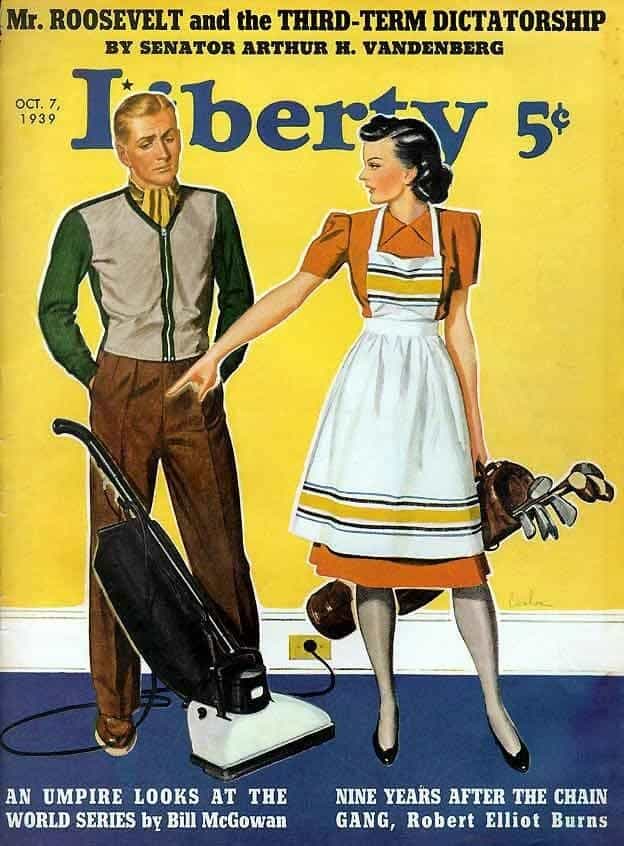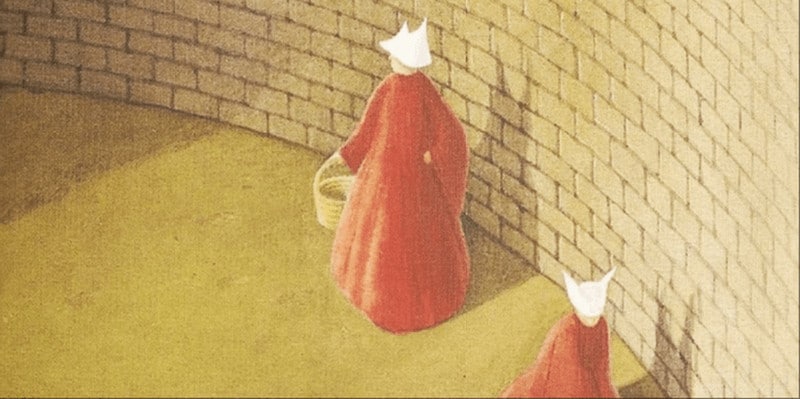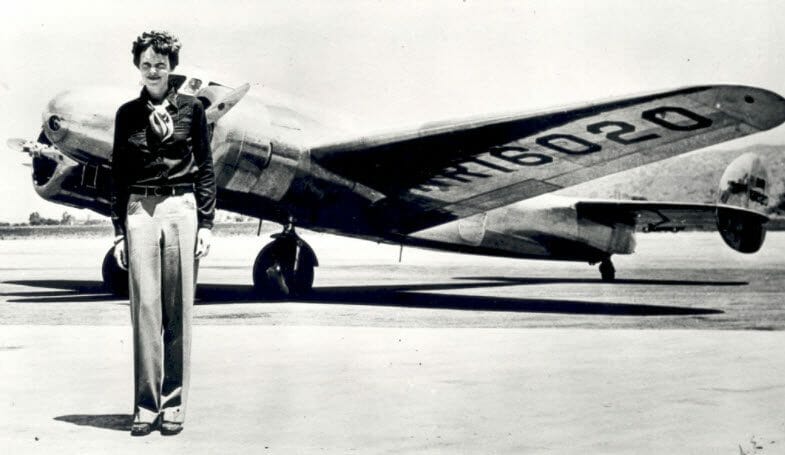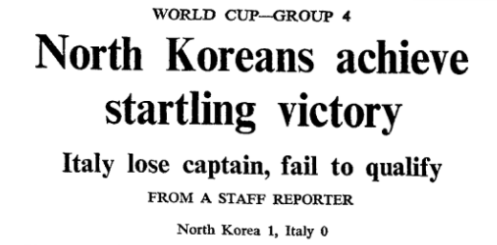Thoughts from BookMachine’s latest event ‘Scholarly Publishing: Crossing the Rubicon’
The Jam Factory, Oxford, 7 September 2017
Last Thursday, as I trundled slowly towards Oxford (kicking myself for accidentally catching a slow train – who knew there were quite so many stations between Reading and Oxford?!) I wondered what was in store at BookMachine’s latest event, ‘Scholarly Publishing: Crossing the Rubicon’. The venue, The Jam Factory, Oxford, was alive with conversation and had a very welcoming atmosphere. Winding my way through tables of busily socialising people, I found the room where the discussion was taking place.

